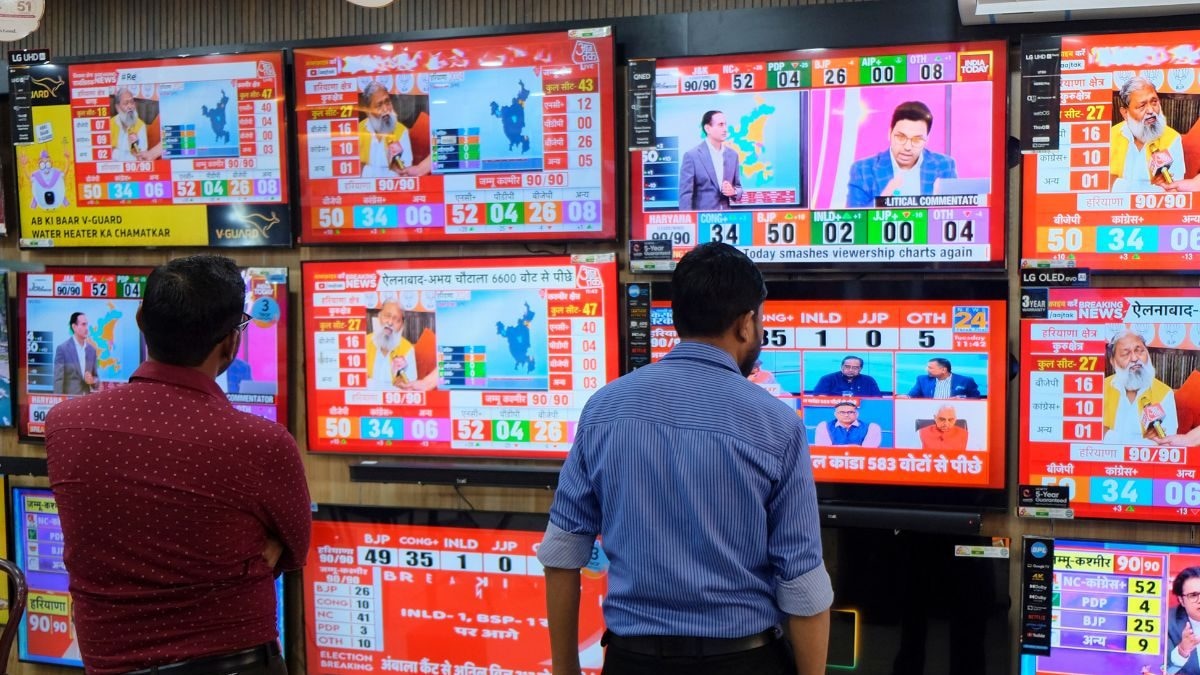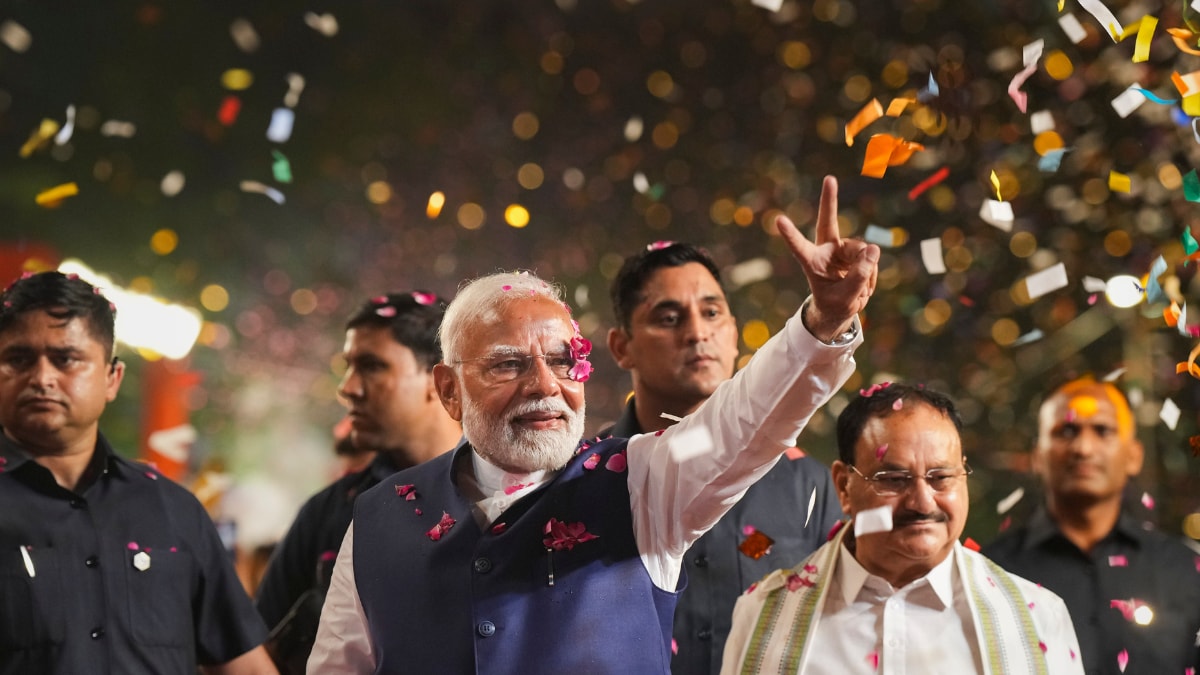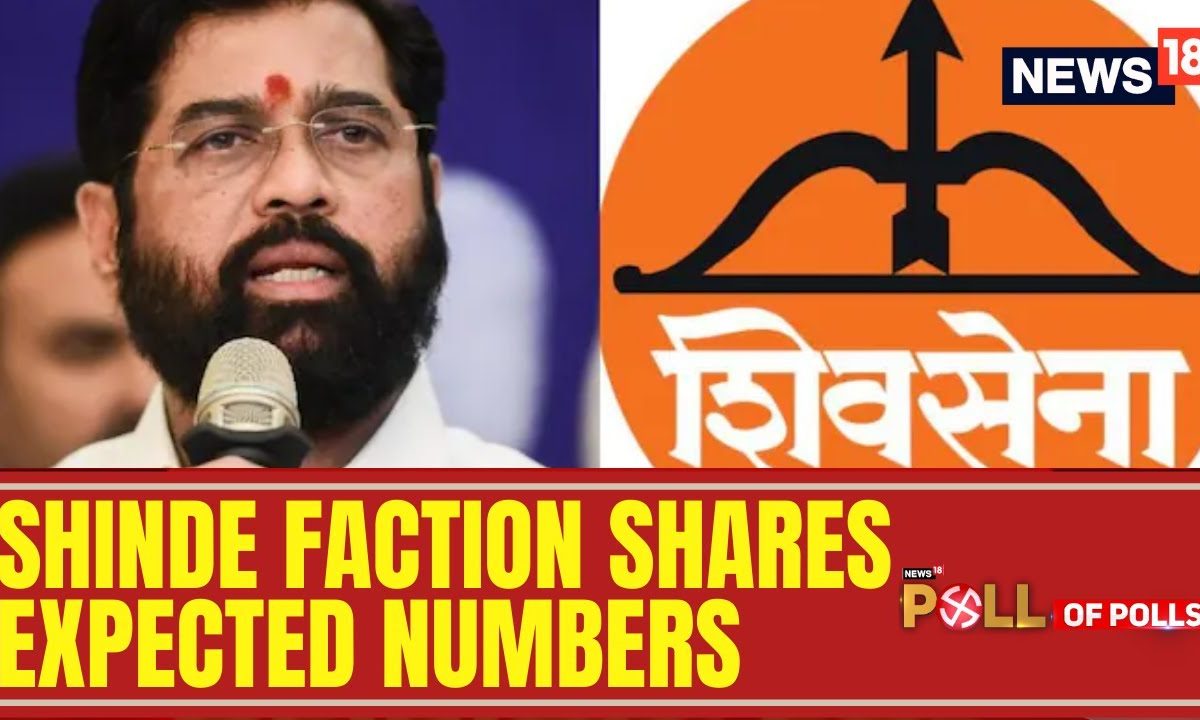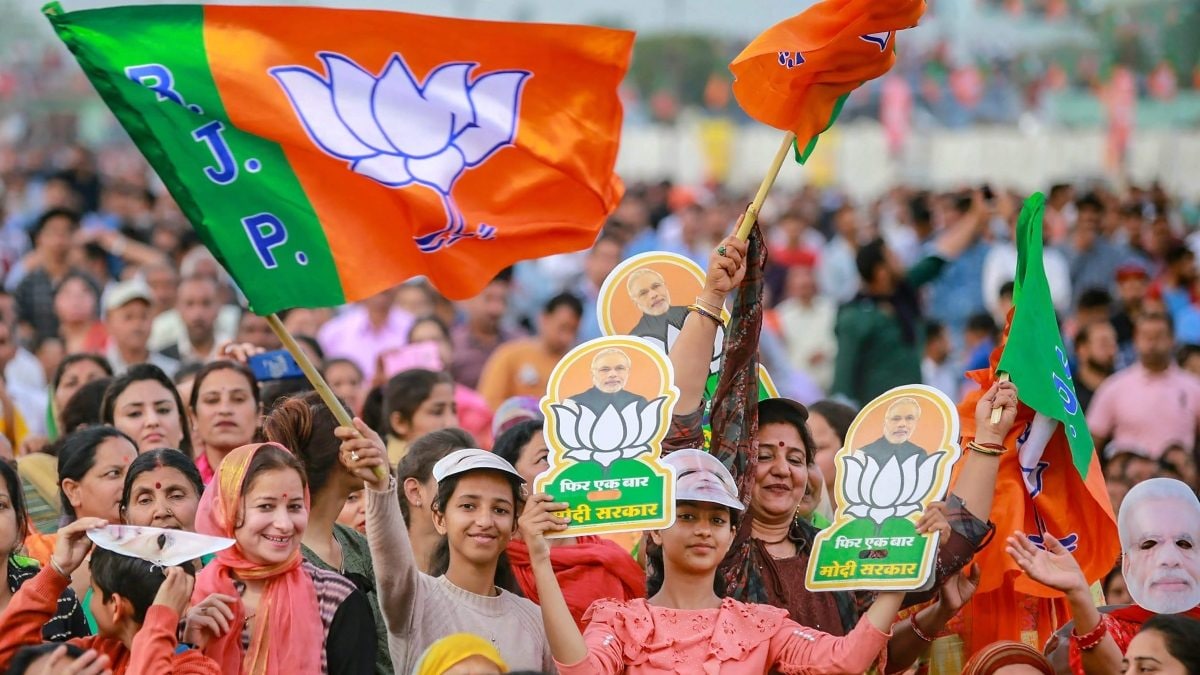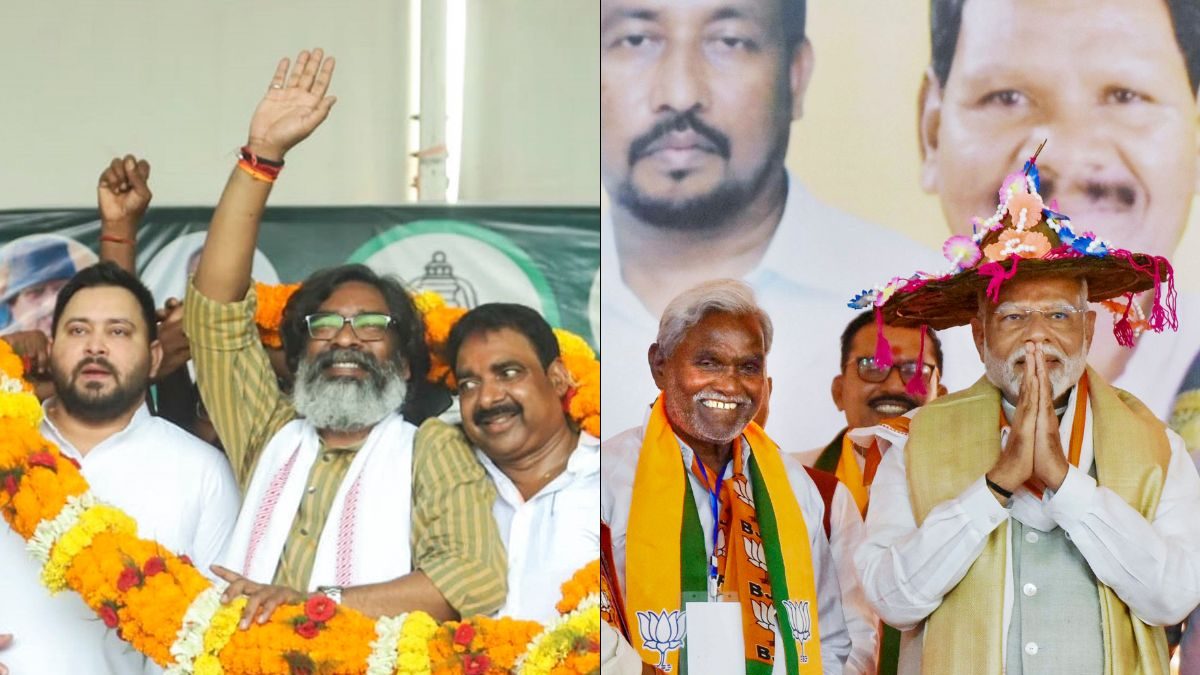
Maharashtra Congress in-charge Ramesh Chennithala addresses a press conference in Mumbai on Oct 8. (Image: PTI)
A senior Congress leader, speaking on the condition of anonymity, revealed that these developments stem from party members lobbying for ministerial and chief ministerial positions ahead of Maharashtra assembly elections.
Amid rising factionalism within the Maharashtra Congress, senior party leaders have been instructed by the high command in Delhi to ensure that future decisions are made collectively, not unilaterally. This directive follows complaints from several disgruntled leaders who reported to Delhi about growing internal power struggles and secretive meetings held by various factions vying for key leadership positions.
A senior Congress leader, speaking on the condition of anonymity, revealed that these developments stem from party members lobbying for ministerial and chief ministerial positions ahead of the upcoming Maharashtra assembly elections. Despite a renewed sense of energy in the Congress following the Lok Sabha election results, internal divisions have resurfaced, with prominent leaders engaging in closed-door meetings across the state to consolidate their influence.
Since the announcement of the Haryana assembly election results, it has become evident that internal rifts within Congress had an adverse impact on the party’s performance. The central leadership in Delhi, taking lessons from this outcome, issued strict instructions to the Maharashtra unit, emphasising the need to avoid centralised decision-making and instead adopt a more collective approach. One senior leader stated that the high command doesn’t want a repeat of the situations in Madhya Pradesh, Rajasthan, or, most recently, Haryana, all of which suffered from the centralisation of decision-making.
Factionalism within the Maharashtra Congress is said to have intensified as senior leaders jockey for influence ahead of the assembly polls. Buoyed by its recent electoral successes, the party is eyeing a significant share of seats in the upcoming elections. To achieve this, leaders have been seeking to secure favourable seats and ensure their faction’s dominance, leading to heightened internal competition.
At the core of this power struggle is the race for the Chief Minister’s post. Several influential leaders, assessing their chances of success in the elections, are keen on positioning themselves for this top spot. As a result, they have begun holding meetings with potential candidates and supporters to secure their backing. This jockeying for power has laid bare the internal discord within the party, with various factions maneuvering to outshine one another.
In response to these complaints, the Congress high command has stepped in, delivering clear instructions to Maharashtra leaders. According to a senior leader in the state unit, these instructions explicitly warn against unilateral decision-making and emphasise that all major decisions, particularly those relating to election strategies and leadership roles, must be made collectively. The directive also stresses the importance of implementing decisions properly and ensuring that factional disputes do not affect the party’s chances in the elections.
This move from Delhi follows a series of closed-door meetings between various factions in the Maharashtra Congress, which had triggered concerns of further deepening the divide within the party. The high command’s intervention aims to unify the party ahead of the assembly elections, with the goal of presenting a united front to voters.
The party’s leadership has been particularly cautious following its performance in the Haryana assembly elections, where internal disputes, especially surrounding dynasty politics and unilateral decision-making, contributed to Congress’s below-expectation performance. The leadership is keen to avoid a repeat of this in Maharashtra, especially as the party is in a strong position to make gains in the upcoming polls.
Following the directives from Delhi, all eyes are now on how the Maharashtra Congress will navigate these internal challenges. The central leadership’s decision to intervene and emphasise collective decision-making is seen as an attempt to curb factionalism and prevent further damage to the party’s prospects. However, the extent to which this directive will be followed remains to be seen, especially with influential leaders already deeply engaged in power struggles.
As the assembly elections draw nearer, the party’s focus will likely shift toward resolving these internal disputes and presenting a cohesive front to voters. However, with several prominent leaders still vying for key positions, it is clear that the road ahead for the Maharashtra Congress will be far from smooth.
![]()
Mayuresh Ganapatye, News Editor at News18.com, writes on politics and civic issues, as well as human interests stories. He has been covering Maharasht
...Read More

 1 month ago
1 month ago





